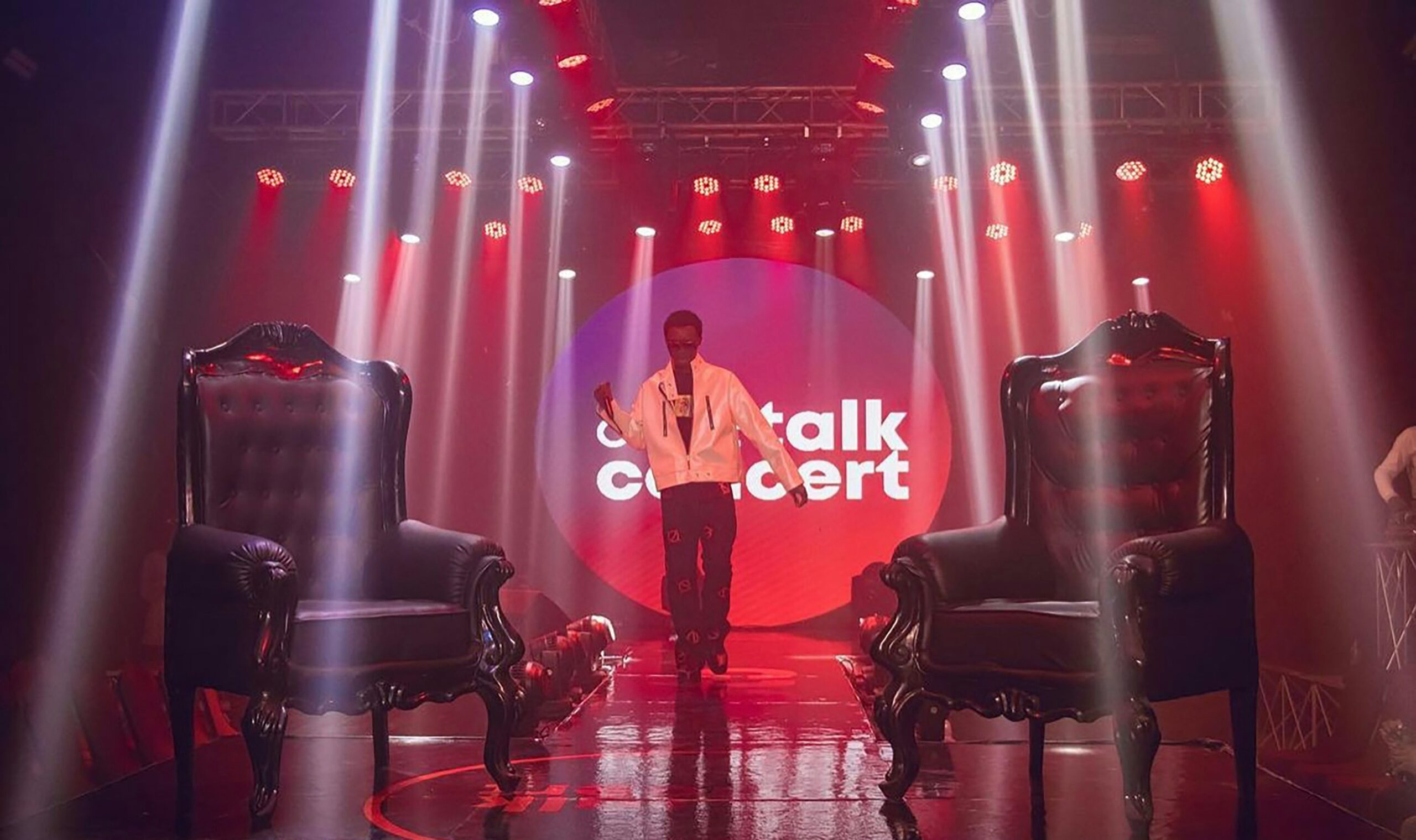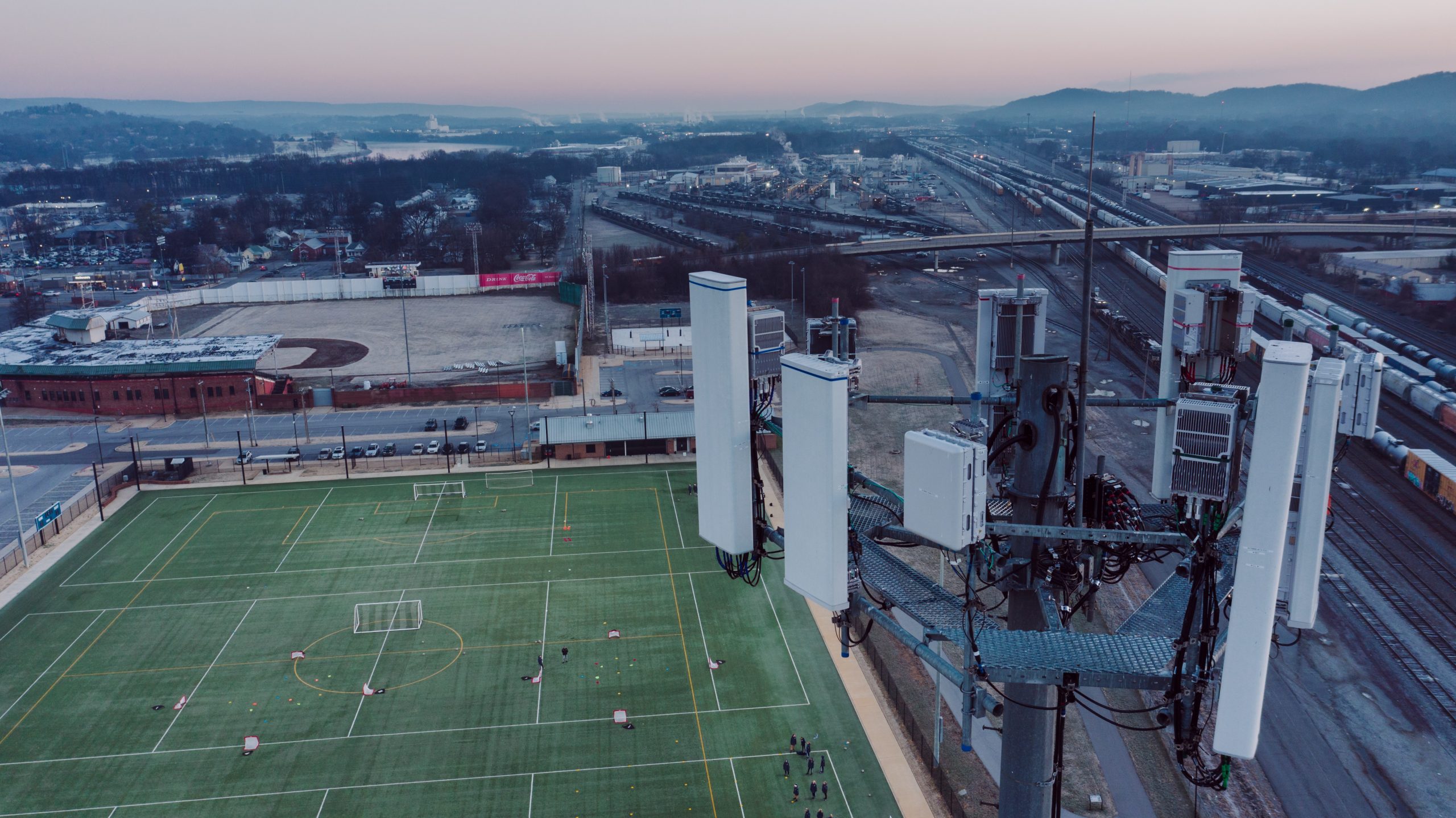Regarding this, streaming networks and social networks have greatly contributed to the propagation of Afrobeat music and Afrobeats across the globe. Nowadays, thanks to services such as Spotify, Apple Music, and YouTubee musicians.
They can freely share their music with the global public. Today, trends created on TikTok or dance challenges on Instagram have brought Afrobeat songs closer to an audience that would not have listened to the music before.
This digital environment has also enabled artists to collaborate with musicians from different genres or lists. It results in a crossover kind of music, making it interesting to listen to. For instance, Burna Boy features British rapper Stormzy on ‘Own It’, which fuses Afrobeat with UK grime. It makes it appealing to demographically different listeners. You can read further similar posts on our public relations page of the site.
The Cultural Exchange: Afrobeat and Other Genres
Jazz and Funk: A Shared Heritage
Afrobeat hybrid music genres, such as jazz and funk, foster a fruitful cultural exchange. Singers are known to have adapted their rhythms from African origins, thus resulting in inventions such as Jazz African music. Thus, Afrobeat in the works of Marcus Miller and Robert Glasper turns into a dialogue with the African culture, contributing to a developing synthesis of the world’s musical cultures.
It is not by chance that jazz musicians and Afrobeat musicians combine and interact, so the different pieces of music contain freedom and discipline. The musicians of jazz come prepared with their technical aspects and ability to improvise, and the musicians of Afrobeat, the rhythmic structures and cultural elements being introduced. It has resulted in the creation of new interesting sounds and has shifted the pertinent audience to the other.

Reggae and dancehall
It is also imperative to note Afrobeat’s influence on these other forms of Afro-Caribbean music, namely reggae and dancehall music. Due to these similarities in the rhyt,hm other genres of music have been incorporated into Afrobeat through synergy. Their fellow youngsters, such as Damian Marley and Protoj,e havincorporateded the beat’s catchy rhythms into their production, giving a new spin to the existing beats and appealing to global audiences.
Because of the shared subjects of social justice and rebellion in afrobeat and reggae, the two genres are well-complemented with one another. Fela Kuti and reggae artists achieve this cooperation, which strengthens this relationship and brings people together through music.
Electronic Music and Afrobeat
Afrobeat is not confined to the time of live music and has evolved into electronic music. Producers are now finding ways to integrate Afrobeat samples and rhythms into a disk, making a new breed of disk that may persuade a youthful audience. These performances have therefore led to the creation of a lively subculture in which freedom is achieved through the synthesis of various aspects of Afrobeat.
Major Lazer and Diplo are some of the artists who incorporated the Afrobeat style into their music, and this resulted in the production of very popular songs that are characterised by this infectious beat. Afrobeats has also affected Electronic music festivals, where groups with Afrobeat elements are now prominently booking and providing entertainment to a more diverse population.
World Music Festivals and Afrobeat
Music festivals across the world have been an opportunity through which Afrobeat artists can perform and also share their talent with a world audience. Festivals such as the Coachella Valley Music and Arts Festival, Glastonbury, and Afropunk have featured Afrobeat performers perform in them, showing that Afrobeat culture has become popular. This festival benefits the artists not only as a platform for marketing their music but also as a way in which artists from different origins and ethnicities can come together and share their music.
Such festivals have helped create new fans of Afrobeat and also let people get an idea of the proper context and historical significance of the genre. With more artists from the Afrobeat circuit being invited to perform on world stages, Afrobeat is getting more appreciation and reverence amongst musicians around the world.
The Future of Afrobeat
The New Generation of Artists
This is further evident in the sub-genre of Afrobeat, with the cultural music still developing, new talents are coming into the scene each with a different view. The traditional Afrobeat is now going through a transformation due to artists like Sampa the Great, Yemi Alade, and Sho Madjozi. This Diversity guarantees that Afrobeat is still relevant and can still incite a reaction from the listeners globally.
What these artists are doing is keeping the form of Afrobeat alive and vibrant while also experimenting with the music. They thereby combine features that are intelligible within their different cultures to produce a unique and diverse mixture that is evident in today’s musical scene. The contemporary generation of Afrobeat performers is playing a significant role in maintaining the novelty of the genre.
The Role of Technology
Technology is the core enabler of the globalisation of Afrobeat. The advancement in technology has also predisposed the distribution of music to massive audiences, and most artists have embraced these new technologies, hence extending Afrobeat’s reach to other parts of the world. This has encouraged like-minded musicians and fans of progressive music to come together, hence promoting the creativity that is found in the music industry.
Sites such as Spotify and YouTube have provided avenues through which Afrobeat artists can directly expose themselves to millions of people across the globe hence more collaboration. Social media has also created a platform through which fans can congregate together and with their artists of choice thus creating a bond through the mutual love for the genre.
Afrobeat music as a form of activism
Indeed, as Fela Kuti did, music can be a strong inducement to change the world. Today’s Afrobeat musicians still engage in conveying essential messages concerning society. Afrobeat songs’ contents are focused on discussing the concerns of global communities, including climate change and women’s rights violations. This commitment to activism makes sure Afrobeat is continuously being used as an agent for changing the world.
Some musicians such as Burna Boy have employed their music to address some of the issues that prevail in Africa for instance, the current youths’ protest against police brutality and economic injustice. Their songs can and do move people and make people act, which gives testimony to the fact that Afrobeat, if done correctly, is still relevant as a call-to-action music.
The Global Afrobeat Community
Afrobeat has hece, given rise to a community of people who embrace this kind of music from all over the world, artists, fans, and producers included. This community cherishes and respects the occasion’s history while embracing the modification. This way, people can gather on the Internet, exchange music, and communicate about artists they like, thus creating a community that appreciates Afrobeat.
There are calls for collaborations like the Afrobeat Allian,ce which enlists artists from different countries to make music that will reflect a true representation of Afrobeat music. They not only prove the variety of applications of Afrobeat but also establish the idea of coming together in the context of the world of today’s music world.
The Enduring Legacy of Afrobeat
Afrobeat is not just a type of beat; it is an embodiment of a vivid culture that has impacted music in the world. Afrobeat found its roots in Nigeria and, up to this day, affects people all over the world with its impact on numerous music genres, including hip-hop and electronic music. Looking forward, it can be seen that using the spirit of Afrobeat, people will continue to create, unite, and work on change for the better.
No matter how deeply you grew into the late Fela Kuti’s work or have recently tuned in to the unique Afrobeat music rhythms, it is crucial to bear in mind that Afrobeat is indeed alive, and it is more than just a music style – it is a powerful tool for uniting, inspiring, and even transforming people. Let the beat take you, and be part of the change that is Afrobeat today!
Afrobeat is not merely a rhythm but the music and spirit of the African people and their fight for freedom. It encourages the listeners to dance as well as to think in whichever way they want, and to relate to their environment. Keeping with the vision of shedding light on the splendid variety of music around the world, Afrobeat was seen to be another bright light. Therefore, let the conversation continue, let us support those who create a new sound for Afrobeat, and let us rejoice about the further evolution of this magnificent genre.
Afrobeat music, because of its danceable rhythms and compelling lyrics, is bound to stay relevant for many more years to come. Be a part of the change and the rhythm that will make you want to dance and follow the groove of music you will never want to miss!
The Cultural Significance of Afrobeat
In addition to music, Afrobeat plays a strong role as an ethnic and cultural platfor,m indicating African people’s experiences and dreams. It is about fighting, creation and togetherness. It can consequently be argued that, in the current world, the genre provides pride to many people in Africa, proving that their cultu,re as well as the a,hashave developed and evolved.
The Power of Collaboration
The process of Afrobeat evolution is very much apparent as it is rooted in collaboration. First of all, artists of different origins unite to produce music that does not distinguish between cultures. It creates a friendly atmosphere and pushes musicians to achieve new things and try out different things. Afrobeat music in live performances, recorded in studios or crossed to other genres via the internet presents versatility drawn from the assimilation of various styles.
Hybridizing Afrobeat in the Time of Globalization
The fact that Afrobeat music is regenerative shows how music is universal and transcends barriers of cultures across the world. Thus, with artists developing their styles while still incorporating ideas and concepts from around the world, Afrobeat becomes a style that can portray modern life. For this reason, it makes Afrobeat versatile so that it can appeal to the generation in existence today.










